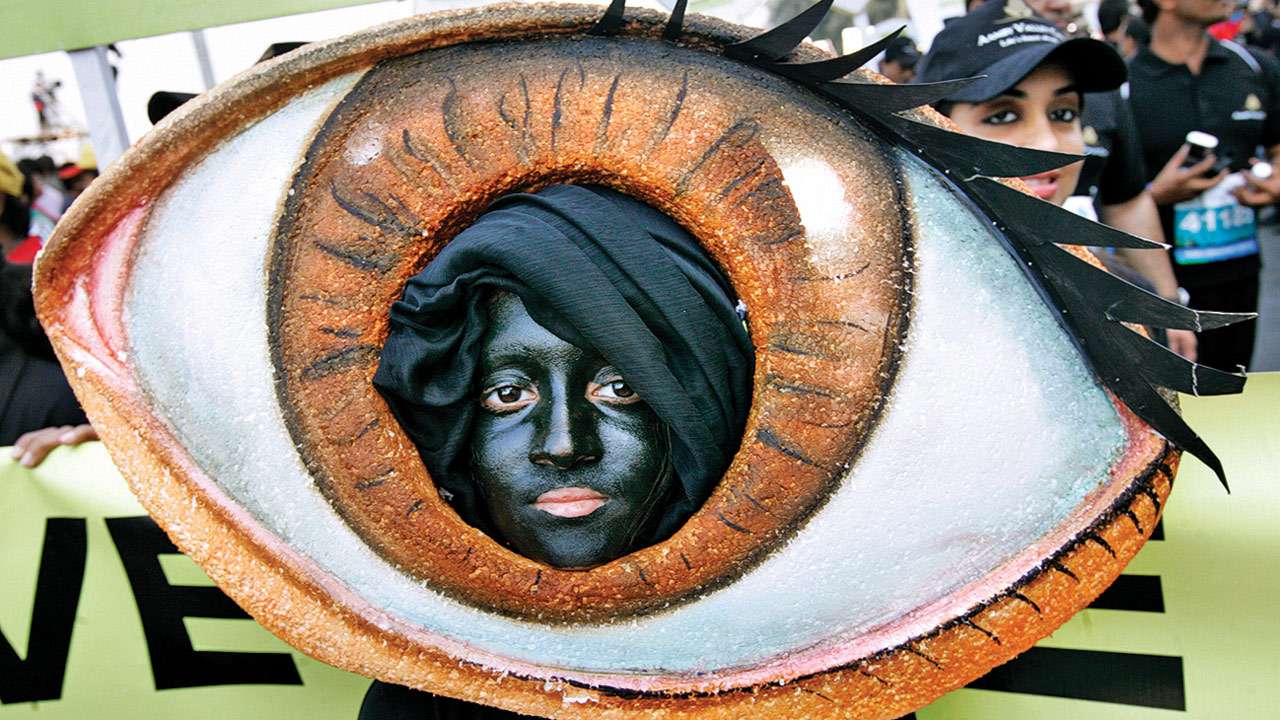
While everyone agrees that organ donation has the potential to save more than a million lives in India every year, there appear to be very little policy prescriptions for addressing the abysmally low organ donation rates in the country. Thus, only 0.34 persons per million population in India donated an organ in 2014, while 36 donated in Spain. The poor statistics carry even more significance when we account for the fact that India has a much larger number of patients who are in urgent need of a transplant.
In India, like in many other countries, organ donation is a purely voluntary exercise. Further, there is no “market” for organs where such harvested organs can be bought or sold. As a result, patients in need of a transplant have to wait in queues until the desired organ from a donor arrives. Given the abysmal organ donation rate, it is no surprise that demand exceeds supply. This results in a dichotomy. On the one hand, a large number of patients are deprived of a life-saving transplant and meet a painful or premature death. On the other hand, a black market for organ harvesting thrives, where organs are harvested from poor or trafficked persons by organ harvesting rackets and sold at a price to the highest bidder. Thus, this dichotomy is extremely undesirable.
However, this problem is not unique to India. The US and many other Western countries also face a similar situation. This has prompted debates and discussions on the appropriate policy response to the issue. In response to the low supply of donated blood and organs, several noted economists, including Nobel Laureates Kenneth Arrow and Robert Solow, have argued for legalising the market for organ donations. According to them, this will incentivise many more people to “sell” their donated blood or organs, instead of relying on the altruism of individual donors. It will also help the government regulate the market better and reduce the preponderance of illegal organ-harvesting rackets.
However, this view has been criticised by other economists and philosophers. Among them, the most noted are Michael Sandel and Peter Singer. First, they question the morality behind putting a price to everything. Second, as Singer points out, many donations work on moral principles of reciprocity and categorical imperative. Putting a price can “crowd out” voluntary contributions. Finally, from an equity perspective, it is most likely that the poorer sections will have a larger share of the paid donations since they may use this as a means to ease their financial constraints.
Given these moral dilemmas, it is best to introduce the “opt-out” (or presumed consent) system for organ donations in India, as has been done in countries like Spain. Opt-out means that the citizen is presumed to consent to being a donor even without formal registration. In case he/she does not want to be the donor, he/she can opt out of the system. From a behavioural economics perspective, this system should increase donation rates as people prefer to stay with the status-quo. Here, the status quo is the presumed consent.
Unless there are compelling reasons, people usually do not opt-out of the system. Thus, they end up as donors by default.
The author is a research scholar at Delhi School of Economics. Views are personal.